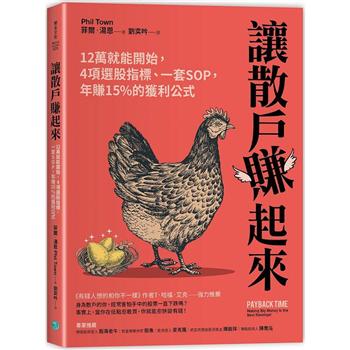In "The Herland Trilogy: Moving the Mountain, Herland, With Her in Ourland," Charlotte Perkins Gilman crafts an intricate narrative that examines themes of gender, society, and utopian ideals through a unique literary lens. The trilogy unfolds with a captivating exploration of an all-female society in "Herland," where women flourish without men, challenging prevailing societal norms. This utopian classic combines elements of science fiction and social critique, employing a distinctive style that blends vivid imagery with philosophical discourse, inviting readers to contemplate the possibilities of an egalitarian world. The subsequent stories, "Moving the Mountain" and "With Her in Ourland," further elaborate on these themes, situating the reader within the broader socio-political context of early 20th-century America, thereby highlighting the struggles and aspirations of women during this transformative era. Charlotte Perkins Gilman, a prominent feminist thinker and writer, was significantly influenced by her own experiences and societal observations. As a suffragette, social reformer, and the author of the seminal short story "The Yellow Wallpaper," Gilman utilized her literary prowess to challenge the traditional roles assigned to women. Her experiences with mental health and societal confinement galvanized her advocacy for women’s rights, deeply informing the creation of the Herland trilogy, which serves as both a narrative escape and an incisive critique of contemporary gender dynamics. "The Herland Trilogy" stands as an essential read for scholars and enthusiasts of feminist literature, offering profound insights into gender relations and societal structures. Its innovative approach to utopian fiction makes it a compelling invitation for readers seeking to engage with the complexities of feminism and social equity. This trilogy not only showcases Gilman’s literary brilliance but also encourages the contemporary reader to reflect critically on the world we inhabit and our visions for a more inclusive future.
| FindBook |
有 1 項符合
The Herland Trilogy: Moving the Mountain, Herland, with Her in Ourland (Utopian Classic Fiction)的圖書 |
 |
The Herland Trilogy: Moving the Mountain, Herland, with Her in Ourland (Utopian Classic Fiction) 作者:Gilman 出版社:E-Artnow 出版日期:2018-12-13 語言:英文 規格:平裝 / 256頁 / 22.86 x 15.24 x 1.37 cm / 普通級/ 初版 |
| 圖書館借閱 |
| 國家圖書館 | 全國圖書書目資訊網 | 國立公共資訊圖書館 | 電子書服務平台 | MetaCat 跨館整合查詢 |
| 臺北市立圖書館 | 新北市立圖書館 | 基隆市公共圖書館 | 桃園市立圖書館 | 新竹縣公共圖書館 |
| 苗栗縣立圖書館 | 臺中市立圖書館 | 彰化縣公共圖書館 | 南投縣文化局 | 雲林縣公共圖書館 |
| 嘉義縣圖書館 | 臺南市立圖書館 | 高雄市立圖書館 | 屏東縣公共圖書館 | 宜蘭縣公共圖書館 |
| 花蓮縣文化局 | 臺東縣文化處 |
|
|
圖書介紹 - 資料來源:博客來 評分:
圖書名稱:The Herland Trilogy: Moving the Mountain, Herland, with Her in Ourland (Utopian Classic Fiction)
|










